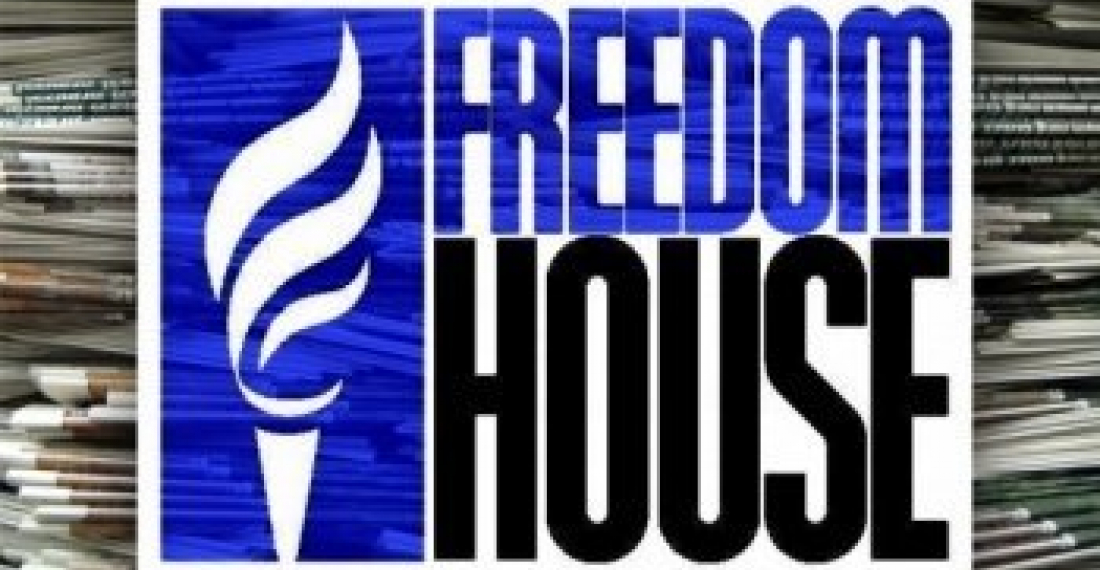Согласно данным, опубликованным в докладе Freedom House: "Свобода в мире в 2017", демократия столкнулась с самым серьезным кризисом за последние десятилетия, поскольку ее основные принципы, включая гарантии свободных и справедливых выборов, права меньшинств, свободу печати и верховенство закона, подверглись нападению по всему миру.
В 71 стране наблюдалось ухудшение показателя политических прав и гражданских свобод, и только в 35 наблюдались улучшения. 2017 год ознаменовал собой 12-й год подряд снижения рейтинга глобальной свободы.
Россия и Белоруссия оказались единственными в Европе "несвободными государствами", а Украину, Грузию и Армению авторы доклада признали "частично свободными".
По мнению авторов доклада, "Москва и Пекин рассматривают демократию как угрозу своим репрессивным режимам, и они неустанно, с растущей изощренностью работают над подрывом ее институтов и калеча их главных защитников".
"В Армении и Кыргызстане проведение небезупречных выборов подчеркнуло продолжающуюся эрозию демократических норм. Доминирующие партии обеих стран полагались на преследование оппозиции, запугивание избирателей и злоупотребление административными ресурсами, для сохранения власти в своих руках." Армения по результатам исследования признана частично свободной.
"Возможно, самые тревожные угрозы демократии в регионе связаны с авторитарными силами, которые пересекают границы, чтобы наказать своих оппонентов. Изгнанный азербайджанский журналист Афган Мухтарли был похищен в Тбилиси мужчинами, которые якобы говорили на грузинском языке, а затем был переправлен через границу в Азербайджан, вызвав опасения, что грузинские власти были причастны к похищению." Азербайджан упоминается как несвободная страна.
Грузия в докладе упоминается как частично свободная страна. "Правящая партия «Грузинская мечта» недавно выдвинула конституционные поправки, которые, в сочетании с финансовой поддержкой своего затворника-покровителя миллиардера, сделают шансы на победу со стороны сломленной оппозиции на будущих выборах еще более маловероятными, потенциально закрепив контроль партии на долгие годы".
источник: commonspace.eu по материалам freedomhouse.org






